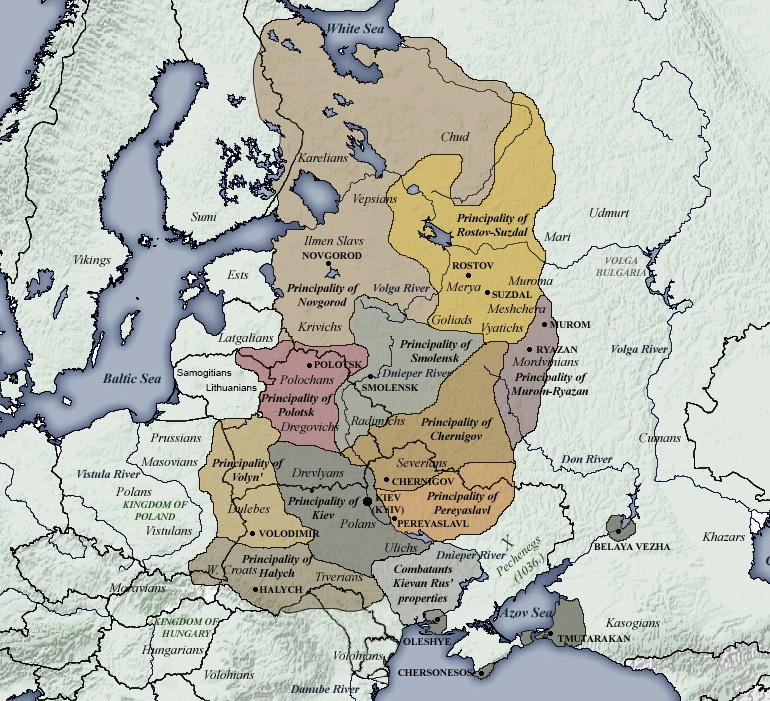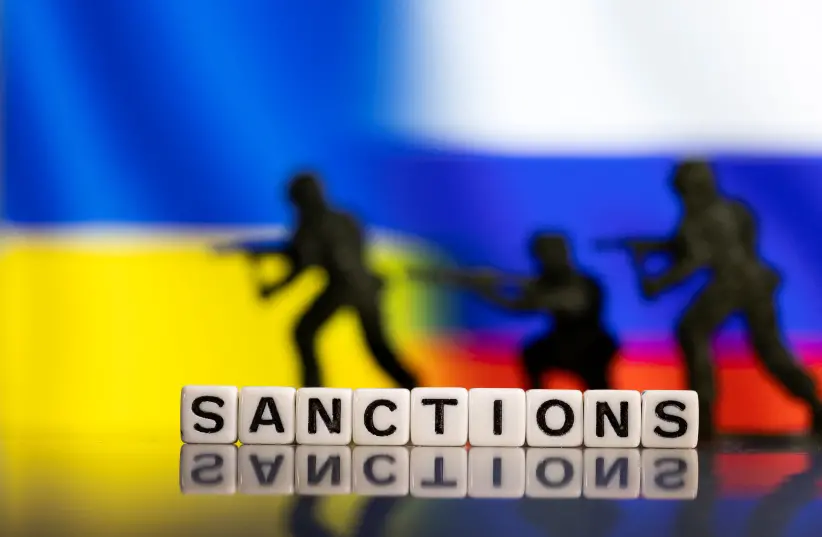Bellingcat’s Grozev on Investigating Russia’s Invasion of Ukraine

- Strong Focus on Data
“Information is often valuable, but you need to net it out of the agenda, of the noise, and find the valuable information,” Grozev said. He explained that this is why Bellingcat’s work is data-focused rather than based on sources, as sources often have agendas. Before the war, Grozev’s team received tip-offs about what was going to happen. As these were unverified claims from sources, they didn’t publish them, but they gave them some hints about the situation in the Kremlin.









